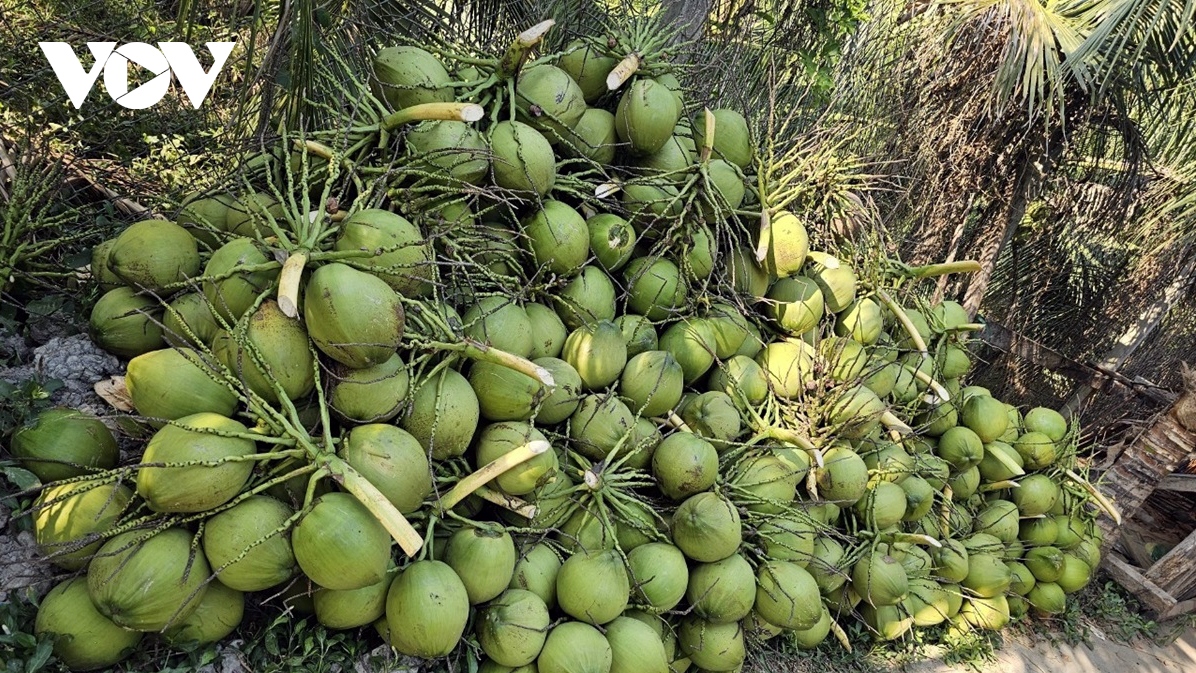The Vietnamese Embassy in the Philippines, together with the Vietnam Coconut Association, recently engaged in a knowledge-sharing session with the Philippine Coconut Authority under the Department of Agriculture. The exchange focused on management, cultivation, harvesting, and production of coconut-based products.
The discussion revealed that the Philippines has extensive experience and strengths in coconut cultivation and product manufacturing. However, Vietnam’s coconut industry also boasts unique advantages.
There is significant potential for collaboration and mutual learning between the two countries. While Filipino coconut products have established a strong presence in domestic and international markets, Vietnamese coconut-based products also hold great potential for penetrating the Philippine market.

Vietnamese coconut products have the potential to enter the Philippine market.
Building on this, the Vietnamese Embassy and the Vietnam Coconut Association have agreed on programs and objectives to promote and seek partners for Vietnamese coconut products in the Philippine market.
The Philippines has consistently ranked among the top coconut-producing countries globally due to its vast land area and naturally nutrient-rich soil conducive to coconut growth. It is a significant supplier of coconut and coconut-derived products to the global market, particularly in Europe, the USA, Japan, and China.
The country’s annual export value of coconut products exceeds $2 billion. Coconuts and their derivatives have become high-value commodities in the international market, contributing significantly to the Philippine economy.
According to the Philippine Coconut Authority, the country’s current total coconut plantation area spans approximately 3.6 million hectares across 83 provinces, accounting for 26% of the total agricultural land in the Philippines. There are about 340 million coconut trees in the plantation areas, yielding an annual harvest of around 14-15 billion coconuts.
Around 2.8 million Filipino farmers are engaged in coconut farming, and the country is home to 167 coconut processing plants. However, due to limited raw materials, the annual production only reaches about 50% of the capacity.
The primary coconut-based products from the Philippines include whole coconuts, young coconut meat, dried mature coconut flakes, coconut powder, dried coconut, coconut jelly, coconut oil, coconut milk, coconut jam, coconut wine, fresh coconut water, concentrated coconut water, and coconut vinegar, among others.












